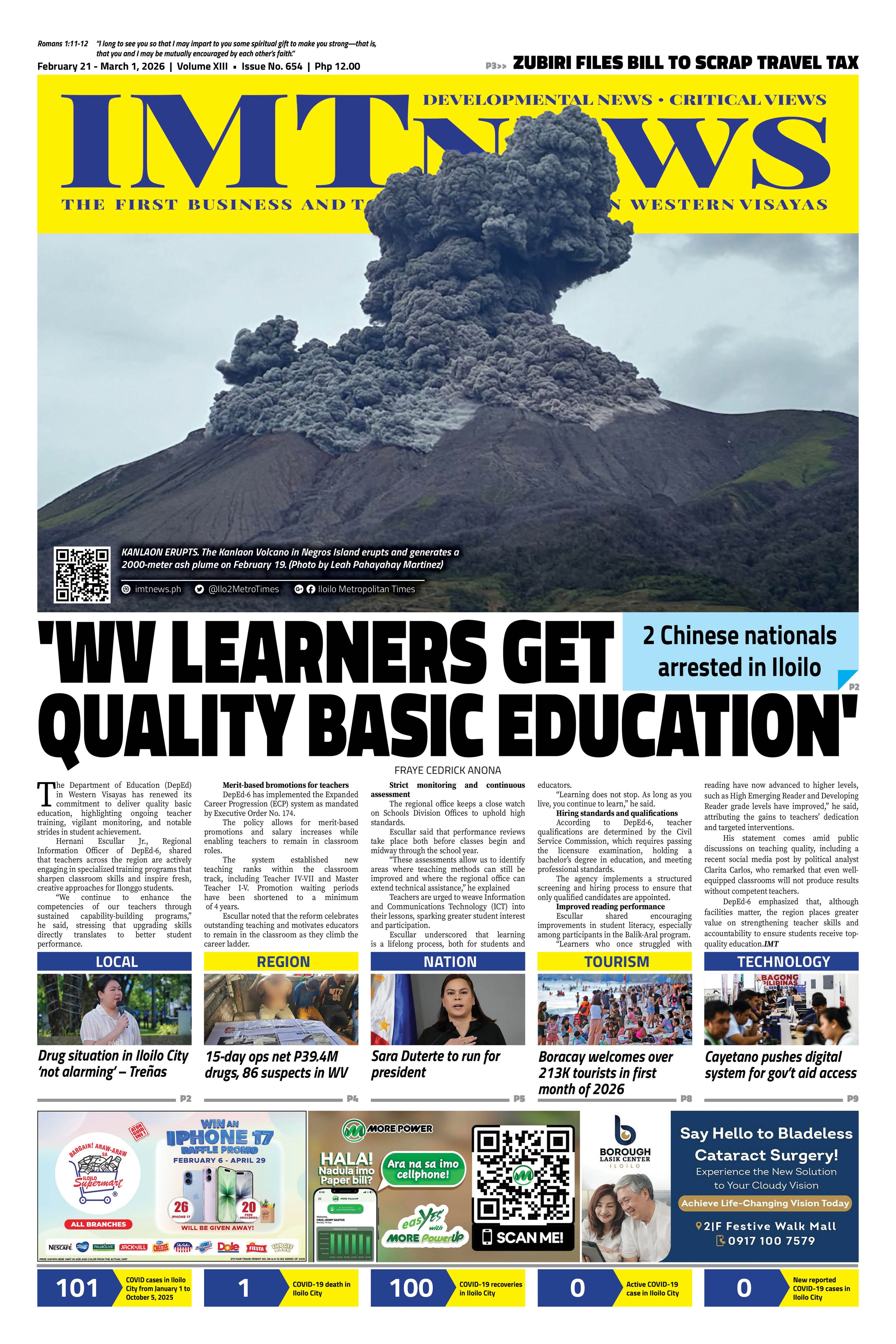Some victories are quiet. A midwife from a state college opens a birthing center in the mountains. A student from Samar borrows a neighbor’s phone for online classes and finally passes the board. A public university secures clean water for its drought-hit town. These moments rarely go viral. They are not mentioned in glossy rankings. But they are the kind of success stories that should shape how we think about higher education in the Philippines.
So when Fr. Roberto Yap, President of Ateneo de Manila, stood at CHED’s “Ranked and Recognized” dinner last June 24 and said, “Rankings do not define us—mission defines us,” it felt like a gentle gut-punch. Here was the head of the country’s highest-ranked university in the 2025 Times Higher Education Impact Rankings—choosing not to bask in the spotlight, but to redirect it. To remind everyone in the room: this is not about numbers. This is about purpose.
Of course, when a school places well, we clap. It reflects years of dedication—by faculty, staff, even the utility worker who keeps the science lab clean. But let’s be honest. That shiny badge beside a university’s name does not say if its students are skipping meals, if its classrooms are crumbling, or if its research and extension is actually helping the communities just outside its gates.
Fr. Yap did not dismiss rankings outright. He simply reframed them. They are not the goal. They are tools. Ateneo’s high score in SDG 16 (Peace, Justice, and Strong Institutions) was mentioned. But so were Batangas State’s water initiatives, UP’s work on mental and reproductive health, and Mapúa’s waste reduction programs. These were not just highlights. They were love letters to the kind of education that heals and serves.
That’s what we risk forgetting when education turns into a race for applause.
In some provincial campuses where internet signals vanish faster than chalk dust, rankings are far removed from daily realities. What matters more is whether the roof leaks, if a student can afford pamasahe, or if there is a working CR. But because of pressure to perform, many schools are nudged to prioritize what is visible to the global eye—over what is vital to the local heart.
Only 33 out of every 100 college-age Filipinos are actually enrolled in higher education. That leaves 67 who are not in class—many helping on the farm, caring for siblings, or just trying to survive. Rankings do not measure this gap. But this is where the real story of education is unfolding.
Let’s ask: who benefits the most from these rankings? Often, it is the private institutions and better-oiled state universities with deep pockets and expansive global ties. Many of them are doing incredible work. But let’s not pretend that being highly ranked automatically means being highly relevant—especially to the poor, the excluded, the forgotten.
Some of the most meaningful work is being done in campuses that do not appear in any global list. Teaching climate resilience in flood-prone areas. Holding literacy classes in the community of fisherfolks. Running mobile clinics or alternative learning centers. No ranking system counts how many lives a thesis or outreach saved—but maybe it should.
To be fair, rankings can serve as mirrors. They help schools reflect and improve. Ateneo itself still submits data, but prioritizes the Impact Rankings precisely because they align with the Sustainable Development Goals. There’s a difference between chasing visibility and deepening impact. Between looking good and doing good.
The trap is when we confuse the map for the mission. When students think their diploma’s value rests solely on their school’s QS score. When policymakers pour funding into metrics instead of communities. When universities chase applause instead of trust. That is when we quietly lose the soul of what schooling is for.
At its best, education is about transformation. Not big, flashy revolutions—but everyday ones. A guidance counselor helping a grieving student finish the semester. A teacher bringing pandesal so kids have something in their stomachs. A campus radio station broadcasting modules in the local dialect. These are not acts of prestige. These are acts of purpose.
We Filipinos love titles. We celebrate medals and plaques. But maybe it is time we start more clapping for the things that don’t get framed: feeding programs, drop-out interventions, inclusive policies, wellness convos, equity group target programs, research that does not just sit on a shelf but saves lives. Maybe we should honor schools not just for being ranked—but for being right where the need is.
Fr. Yap’s challenge was simple: Can higher education become a force for equity, innovation, and civic life—not someday, but now? That question cannot be answered with PowerPoints or scorecards. It needs to be answered in classrooms, in community work, in budget meetings, in the hard decisions about who gets a scholarship and who gets a slot.
Because in the end, the real value of a university is not in how high it stands on a ranking—but in how low it is willing to kneel beside those who need it most.
Doc H fondly describes himself as a ”student of and for life” who, like many others, aspires to a life-giving and why-driven world grounded in social justice and the pursuit of happiness. His views do not necessarily reflect those of the institutions he is employed or connected with.







